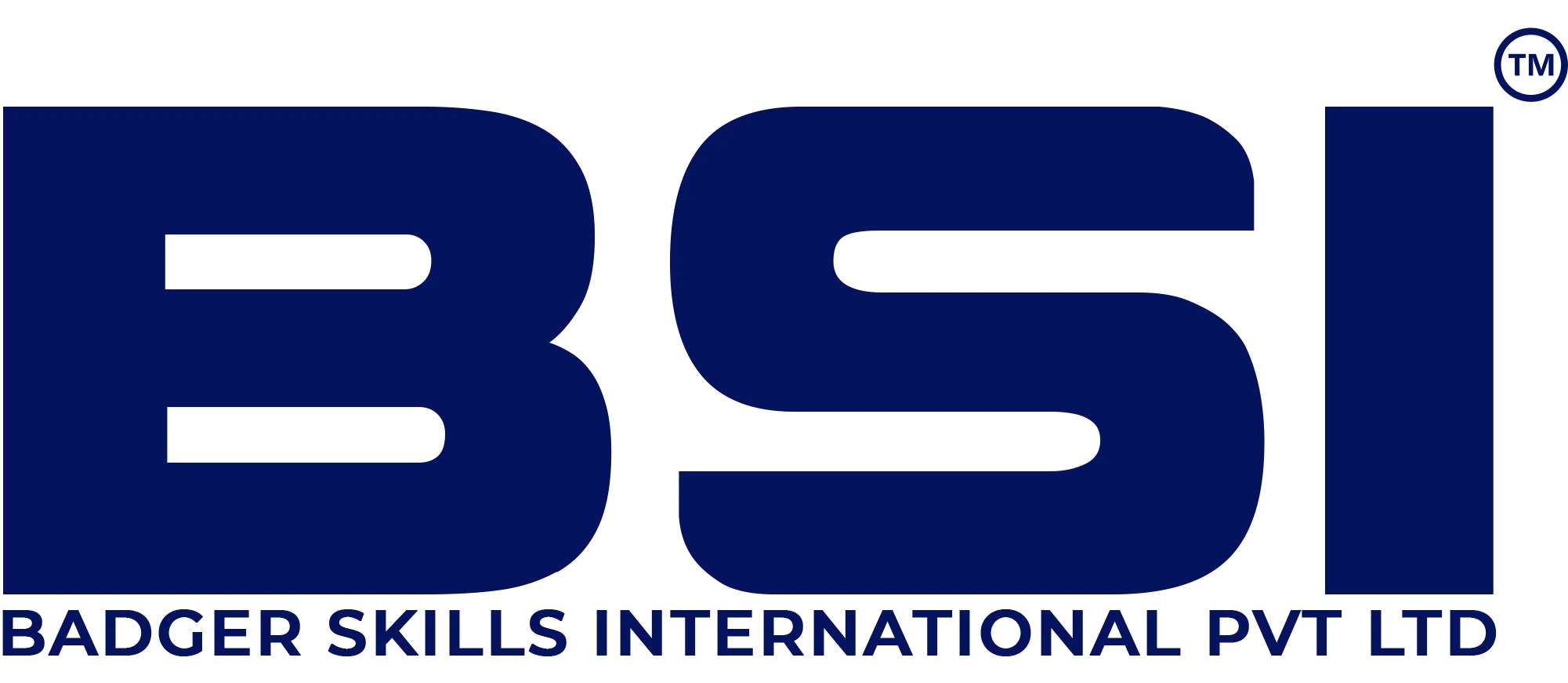
The Master of Business Administration (MBA) is a graduate-level program designed to equip students with a broad understanding of business management principles, leadership skills, and strategic thinking. This degree is ideal for individuals seeking to advance their careers in management, entrepreneurship, finance, marketing, human resources, and other related fields.
Start your journey by applying to the best colleges. Don’t miss out on the opportunity to shape your future!
Apply Now2nd Floor, KJK BUILDING, BASIL JUNCTION, Kothamangalam, Ernakulam, Kerala 686691
